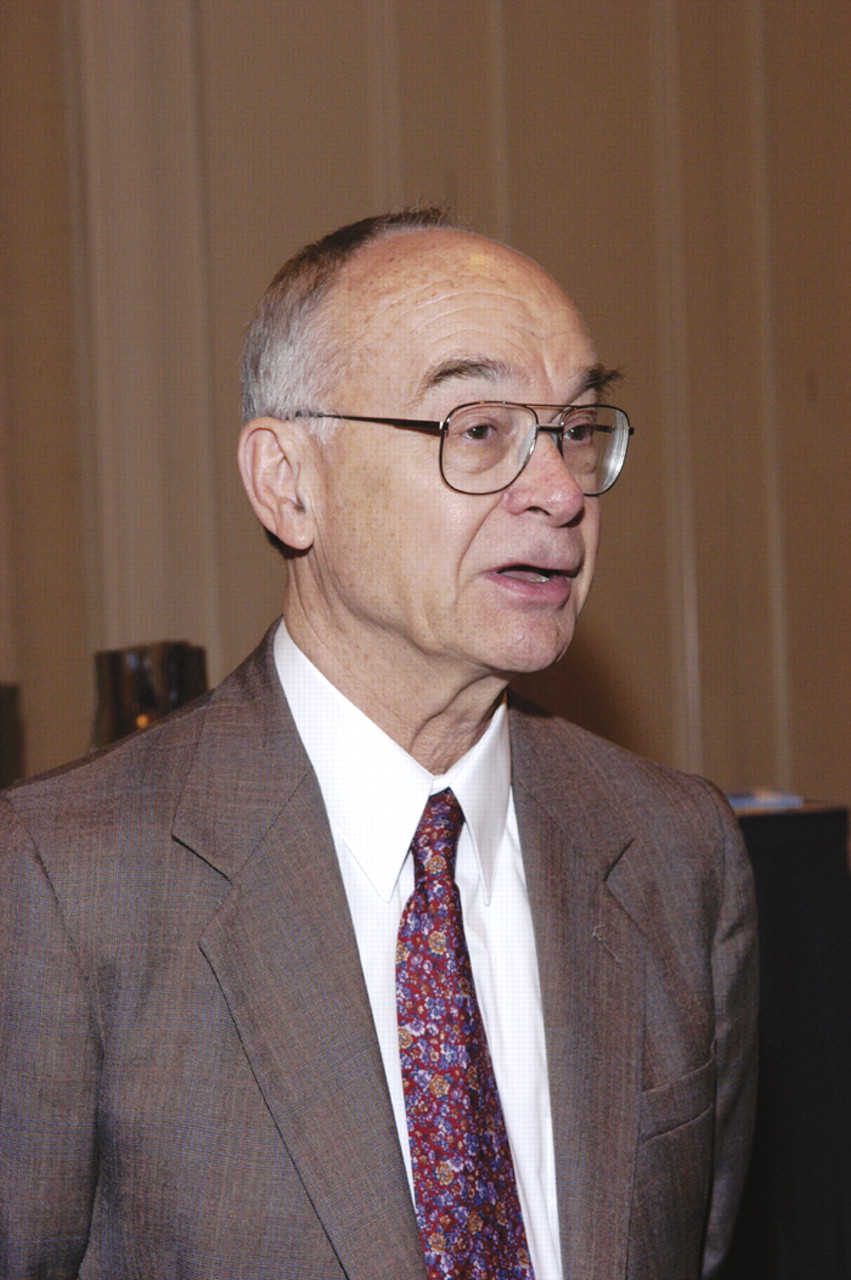Frederick Frese III, Ph.D., opened his plenary session speech at APA's 2005 Institute on Psychiatric Services by urging everyone in the audience with a serious mental illness to stand.
Nine or 10 people got to their feet in a crowded ballroom last month in San Diego.
Frese thanked his “fellow SMI friends” and said, “I know that... many others have it. That's where I was for many years... keeping a secret. But I'm not going to stand in the shadows. I'm not going to be belittled. I'm not going to be ashamed.”
“Blending Consumer, Family, and Professional Perspectives on Recovery from Serious Mental Illness” was a call for an “image makeover” for those who have been subjected to various forms of stigma and discrimination and urged to reconcile themselves to the idea of a lifetime with a debilitating disease.
Frese was told to abandon hope of recovery from schizophrenia when he was hospitalized during the 1960s at a state psychiatric hospital in Ohio. He recounted the following conversation:
Doctor: “Have you ever been hospitalized for very long?”
Frese: “Yes, sir, for five months.”
Doctor: (smiling) “I'm smiling because five months isn't long at all. You have a degenerative brain disease that will only get worse with time. You will spend the rest of your life under the care of the state hospital.”
Thorazine was the only medication available at the time. Frese now suffers from tardive dyskinesia.
Look at the movies, he told the audience, if you want to understand why“ we need a makeover.”
The American Film Institute recently listed the 50 “greatest movie heroes” in the last 100 years. Leading the list were such iconic figures as Indiana Jones and Atticus Finch. No person with a mental illness was cited, but they were represented on the list of villains.
There are signs of change. Frese mentioned “A Beautiful Mind” and “The Aviator” as movies that suggest a more positive and accurate depiction of serious mental illness and the contributions of people who have it. He told the audience that “Proof,” a play that offers a complicated portrayal of mental illness, currently is the most widely performed play in the world. Kay Redfield Jamison, Ph.D., has helped to destigmatize bipolar disorder with the book An Unquiet Mind, in which she describes her own experiences with mental illness.
Frese's own life provides evidence of changed attitudes toward those with serious mental illness and of the contributions a person diagnosed with schizophrenia can make (Psychiatric News, March 19, 2004).
He earned his Ph.D. in psychology and has worked for more than 30 years helping people with serious mental illness.
Frese founded the Community and State Hospital Section of the American Psychological Association and serves on the boards of the National Alliance on Mental Illness and the Treatment Advocacy Center.
He has appeared on CNN and “World News Tonight” with Peter Jennings and is featured in the video “I'm Still Here: The Truth About Schizophrenia.”
Frese told the audience, “When I was hospitalized, I thought that someday I might write about this, but never in my wildest dreams did I expect to appear on national television.”
He also has helped to develop crisis-intervention teams and other methods of improving the interaction between the criminal justice system and people with mental illness in Ohio.
Evelyn Lundberg Stratton, a member of the state's Supreme Court, spearheaded the activities when her 12-year-old son was hospitalized as a result of a serious mental illness and she began to learn about the various disorders and their effects on families.
Frese talked to “dozens of judges” about serious mental illness and helped with the training of police officers.
He termed his work with the Treatment Advocacy Center (TAC) “more controversial.” The TAC has been active in promoting legislation such as Kendra's Law in New York, which permits involuntary outpatient treatment under certain conditions. ▪

